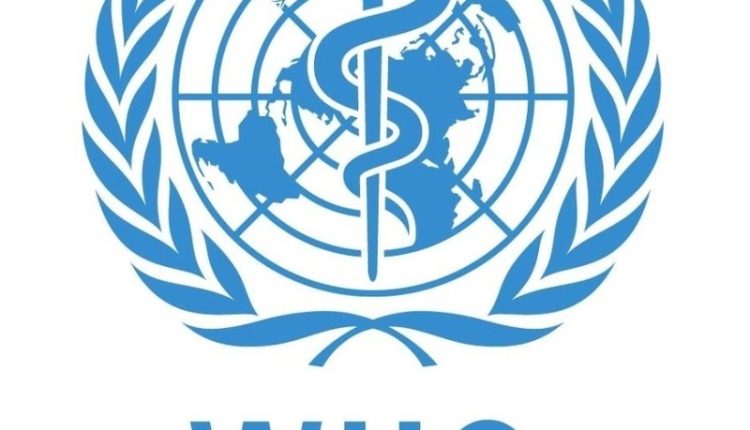In a message commemorating World Blood Donor Day on June 14, 2024, the World Health Organization (WHO) Regional Director for Africa, Dr. Matshidiso Moeti has drew attention to the ongoing shortfall in blood supplies across the continent, highlighting the urgent need for more voluntary blood donations.
Despite progress in some areas, Dr. Moeti emphasized that many African nations still struggle to meet the demand for safe blood.
“Currently, African countries collect only 5.2 units of blood for every 1000 people, significantly below the WHO recommendation of 10 units,” Dr. Moeti pointed out. “This discrepancy is even more stark when compared to the 33 units per 1000 people collected in developed countries”She added.
Dr. Moeti praised the efforts of African nations that have made significant strides in blood safety and availability.
She said from 2015 to 2022, the number of countries with a fully developed national blood policy increased from 37 to 43. Additionally, the participation rate in external quality assessment schemes for transfusion-transmissible infections rose from 55.3% to 62.2%.
“These achievements demonstrate a strong commitment to improving blood safety,”she remarked.
However, Dr. Moeti cautioned that despite these improvements, the overall blood supply remains insufficient. “The demand for blood remains constant, while the supply often falls short,”she said.
This shortfall poses a critical risk to vulnerable groups such as mothers during childbirth, children affected by malaria and malnutrition, and patients with chronic diseases.
To address these challenges, Dr. Moeti called for a collective effort to raise sustainable funding and improve the infrastructure necessary for safe blood collection and storage.
“Countries must raise adequate and sustainable funding, continue to build systems and capacities to increase blood donation rates, and separate donated blood into its components that can be stored for long-term use”. She urged.
Dr. Moeti highlighted the need for more voluntary, non-remunerated blood donors. “Currently, only 18 out of 47 countries in the region have reached the target of at least 80% of their blood supply from voluntary donors. “We must inspire more individuals to donate blood regularly,”she stressed.
“Voluntary donations are crucial for ensuring a safe and sufficient blood supply.”
“The WHO has been actively supporting African nations by providing technical and financial assistance to improve blood safety and availability.
Looking forward, Dr. Moeti called for a renewed commitment from all stakeholders involved in blood donation and transfusion services.
“This 20th anniversary of World Blood Donor Day is a fitting moment to reflect on our achievements and address our challenges, we must envision a future where safe blood transfusion is universally accessible”. She added.
Dr. Moeti also emphasized the importance of supporting blood donors and ensuring their health and well-being.
“Encouraging regular donations requires us to care for our donors and recognize their vital contributions, this support extends to creating national campaigns and special events to motivate citizens to donate blood”.She added.
Dr. Moeti expressed her deep gratitude to all blood donors and those who support them. “Each donation is a beacon of hope in someone’s life”.She said.
“Thank you to all the donors and everyone who contributes to this lifesaving cause, together, we can overcome the challenges and ensure that everyone in need has access to safe blood”.


